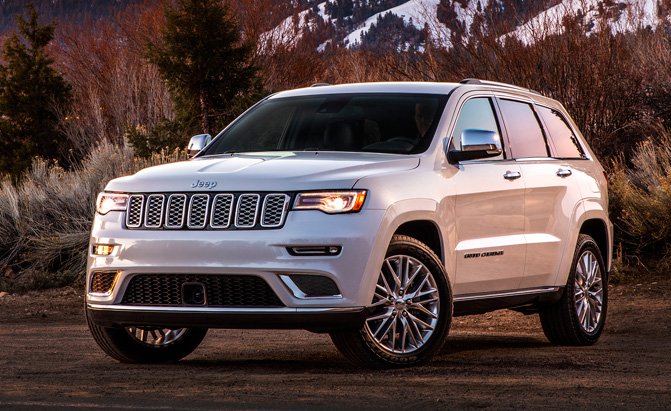It’s beginning to look like Fiat Chrysler Automobiles (FCA) has its own dieselgate scandal brewing.
The U.S. Department of Justice (DOJ) filed a civil lawsuit today accusing FCA of using software to bypass emission controls on 104,000 diesel vehicles in the U.S. FCA responded in a statement saying it “intends to defend itself vigorously, particularly against any claims that the Company engaged in any deliberate scheme to install defeat devices to cheat U.S. emissions tests.”
The vehicles in question are the 2014-2016 Jeep Grand Cherokee and Ram 1500 diesel vehicles fit with 3.0-liter diesel engines. The EPA claims that at least eight pieces of emissions control software were not disclosed to them when the engine was first approved, software that allows these engines to break emissions limits.
FCA says it has been working with the U.S. Environmental Protection Agency (EPA) and the California Air Resources Board (CARB) for many months in order to clarify issues related to its emissions control technology. There has been extensive testing of vehicles, including the 2014-2016 Jeep Grand Cherokee and Ram 1500 diesel models.
SEE ALSO: FCA Proposes Software Fix to Solve Diesel Dispute
Following that testing, FCA announced it has developed updated emissions software calibrations that it believes address the concerns of EPA and CARB. Last week, FCA filed for diesel vehicle emissions certification with regulators for 2017 model year Jeep Grand Cherokee and Ram 1500 diesel vehicles with the update software and said it would be added to all the affected vehicles if it was approved. That process is ongoing and FCA continues to work with EPA and CARB to get its 2017 diesel vehicles certified.
The lawsuit filed by the DOJ also names Fiat Chrysler’s unit V.M. Motori SpA, which designed the diesel engine in question. The lawsuit claims the automaker used undeclared “defeat devices” or auxiliary emissions controls in its vehicles that result in “much higher” than allowable levels of nitrogen oxide, or NOx pollution.
[Source: Reuters]



Leave a Reply